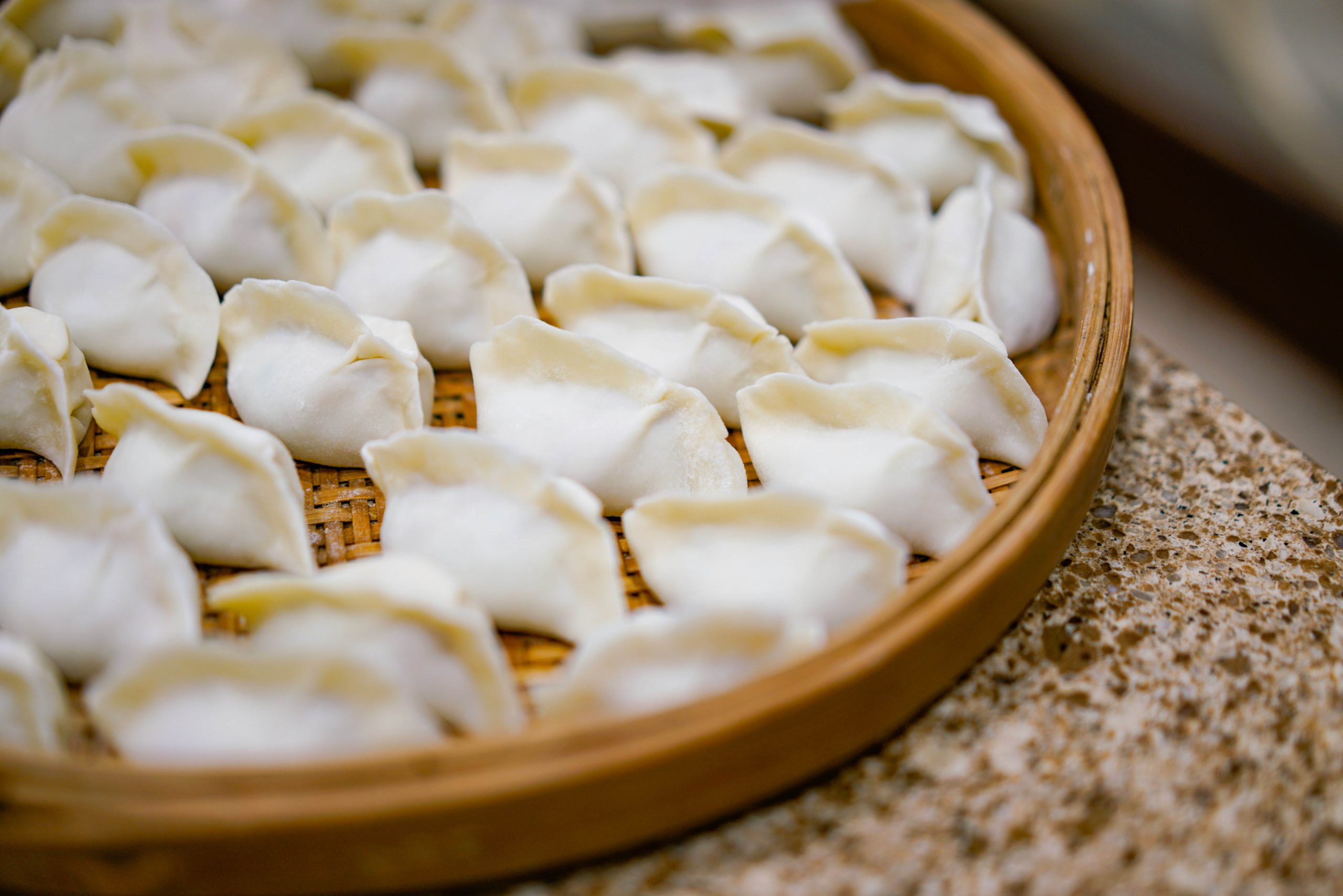For Issue 164, Quench Film and TV asked contributors to send in their favourite moments in film that either inspired viewers or changed their life and outlook on the world. It was incredible to see such a big interest in the piece, so we also decided to take the piece online…
Spike Jonze’s ÔÇÿHer‘ is, for me, nothing short of a modern masterpiece. Written as an artistic response to Sofia Coppola’s ÔÇÿLost In Translation’, which served partly as a metaphor for the gradual breakdown of Coppola’s relationship with Jonze, ÔÇÿHer‘ is a tender, poignant piece of cinema, which is rather surprising considering its plot hinges on a relationship between a man and an advanced version of Siri. Despite its unusual, and somewhat disturbing, premise, ÔÇÿHer‘ is one of the most striking depictions of love I have ever seen in film. It takes us through the dizzying heights of the initial fall, of the tentative beginnings of adoration, before tearing it all apart by reminding us that we are, after all, fickle beings; we can fall out of love just as quickly as we fall in it. ÔÇÿHer‘ had a pretty huge impact on me, having watched it for the first time at seventeen, full of idealism, as it destroyed all my woozy, romantic illusions and showed me that nothing can ever, really, last. ÔÇÿHer‘ challenged my dreamy idealism and forced me to look inwardly, at my own relationships, and at what I wanted. And for that reason, it changed my life.
Hannah Ryan
‘Thelma┬áand┬áLouise‘ is a story of two women in a very male orientated world who embark on an ill-fated holiday, culminating in an intense police chase across America. What made this film so different,┬áand┬áso intriguing for me, is that the sole focus is on the two female protagonists, who often embody stereotypically masculine attributes when confronted in dangerous scenarios. Along the journey, we witness their character development as they encounter these various dangerous situations,┬áand┬átogether become stronger┬áand┬áwiser women. The manner in which the two women are shown to constantly support each other through difficult ordeals such as rape was especially inspiring to me as a child as it highlighted the strength of women┬áand┬áhow we should always support one another. The very direct address of the rape itself is incredibly dark,┬áand┬árepresents issues which are still so relevant today, in particular when┬áThelma┬ástates that “They would have made out like I asked for it“, when the girls contemplate telling the police, but fear that they would not be taken seriously. It is this portrayal of women in the film which inspired me to always see women as strong┬áand┬áindependent. A personal favourite quote is┬á”You say you’re sorry or I’m gonna make you fuckin sorry“.
Joanne Brockbank
There are so many things I love about the film, ‘Little┬áMiss┬áSunshine.’ From the soundtrack to the acting, it’s a perfect combination of quirky and comedic. But the thing I love the most about the 2006 film is definitely the message it sends. In a world full of ridiculous beauty standards and outdated female obligations, the films main character, 10-year-old Olive, does her own thing and simply doesn’t care about the fact that she’s surrounded by hyper-sexualised youngsters, drowning in fake eyelashes and satin dresses. If you haven’t seen the film it follows the story of Olive and her family as they go on a journey that allows them to not only discover themselves but also connect with one another. The message is just as relevant 11 years later and not only that but it’s a damn good watch!
Sarah Harris
The most beautiful and inspiring moment in a film for me, is the scene in ‘Pride‘ where the local people of the Dulais Valley sing ÔÇÿBread and Roses’, a traditional poem and song associated with a political slogan of the same name. ‘Pride‘ depicts the struggles of both the Lesbian, Gay, Bisexual and Transgender society and the mining communities in South Wales at the time, and how they come together to overcome exclusion and unhappiness in their minorities. The song was associated with the 1912 textile strike in Massachusetts where the phrase ÔÇÿbread and roses’ was used to represent fair wages and dignified conditions, both of which mining and LGBT communities lacked. The song’s lyrics originated from a speech given by Rose Schneiderman, a socialist and a feminist, and it is because of how fundamental these values are to me as a person, as well as my Welsh heritage, that created a sense of joy and passion when I first heard the line ÔÇÿthe worker must have bread, but she must have roses, too‘ in full chorus. The power of history and music coming together in this scene undoubtedly highlights the significant steps forward we must take in society to embrace others.
Rachael Hutchings
The ‘Lord of the Rings’ films have always been dear to me but it wasn’t until I re-watched ‘The Fellowship of the Ring’ in 2015 that the film changed my whole outlook. After struggling with a particularly nasty bout of anxiety, I curled up to watch the movie in hopes that it would cheer me up. As well as being comforted I also received an unexpected life lesson from Gandalf. In a moment of doubt, Frodo admits to Gandalf that he wishes ‘none of this had happened‘, to which Gandalf replies;
‘So do all who live to see such times. But that is not for them to decide. All we have to decide is what to do with the time that is given to us.’
The quote struck home and I found myself rethinking my whole attitude. It taught me that despairing over tough times won’t help. Instead, it’s much better to make each day count. I can’t claim that ‘The Lord of the Rings’ cured my anxiety – far from it – but it did offer me a new perspective on life that I still try to carry with me today.
Isobel Roach







